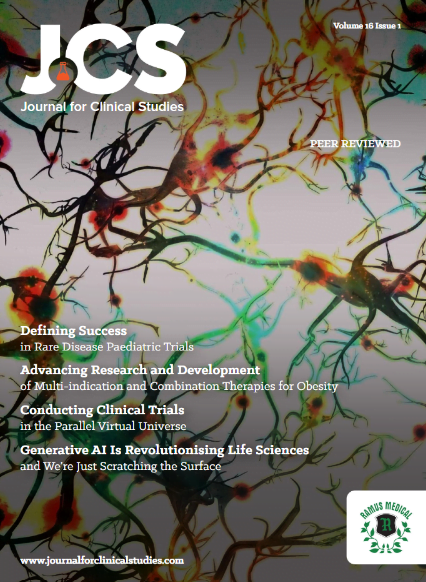Gilead Sciences has been exploring its antiviral remdesivir for COVID-19 in the outpatient setting, hoping to replicate the success seen in hospitalized patients. But as new treatments emerge, the company now thinks the drug, in its current form, simply doesn’t have a role to play outside hospitals.
Gilead has decided to stop a phase 3 trial of remdesivir as an intravenous infusion in high-risk nonhospitalized patients with COVID-19, the company said Monday.
The decision wasn’t about efficacy or safety but the “evolution of the COVID-19 landscape,” it said. In other words, Gilead no longer believes there’s a market for IV remdesivir, or Veklury, that requires administration in a healthcare facility for nonhospitalized patients.
As vaccine rollouts ramp up, the overall need for COVID-19 treatments will further decline. The shrinking patient pool has likely also made it hard for Gilead to enroll patients in the new study.
Veklury, in its current FDA-approved use for hospitalized patients, brought in sales of $1.94 billion in the fourth quarter of 2020 alone. But for 2021, Gilead’s projecting a total haul between $2 billion and $3 billion, depending on how the pandemic evolves.
But the timing of Gilead’s announcement, on the same day that Regeneron said its under-the-skin antibody cocktail worked in COVID, highlighted the more important driver behind Gilead’s move—that more convenient treatments are obviously better options for less sick patients who don’t need to be hospitalized.
As Gilead noted, the primary unmet need for nonhospitalized patients has evolved to not only require effectiveness but also convenience, preferably in the form of a drug that can be easily administered at home.
In that setting, Regeneron showed that a subcutaneous version of its two-drug antibody cocktail, REGEN-COV, could reduce the risk of disease progression to symptomatic COVID by 31% among asymptomatic patients. The therapy currently boasts an FDA emergency use authorization as an IV infusion for nonhospitalized patients at high risk of disease worsening.
Gilead’s also pushing on the convenience front with a proposed inhaled version of remdesivir, currently in phase 1 trials. That formulation may take longer to arrive: Despite an official approval for intravenous remdesivir, the company will need a larger phase 3 efficacy trial to win FDA go-ahead for the new inhaled version because the exposure route to the drug has changed, Gilead’s chief medical officer Merdad Parsey told investors during a call in February.















